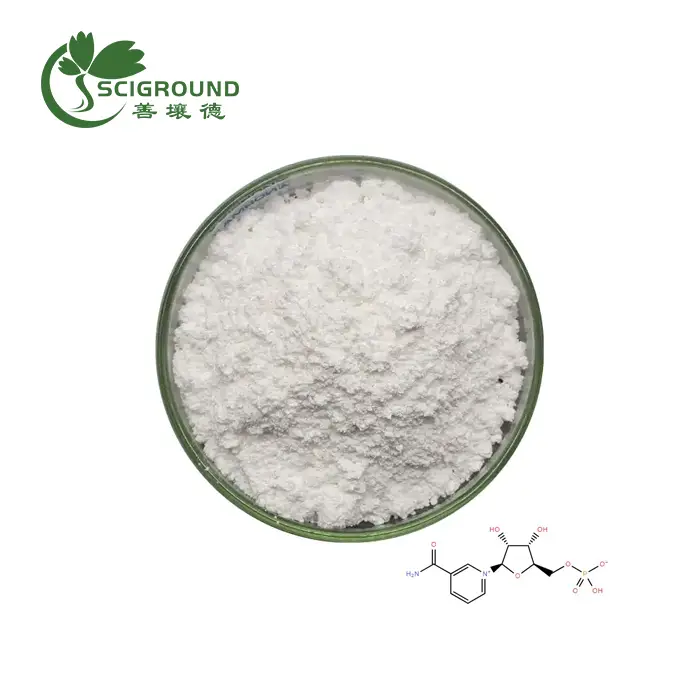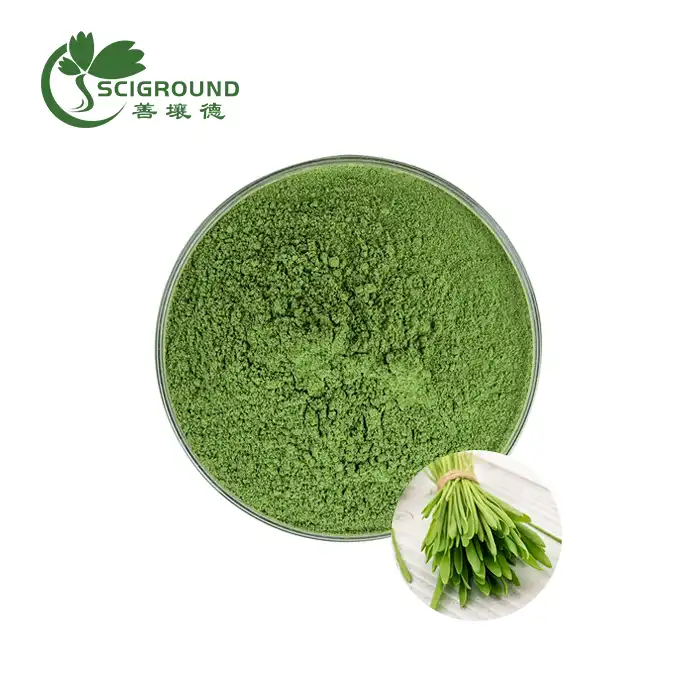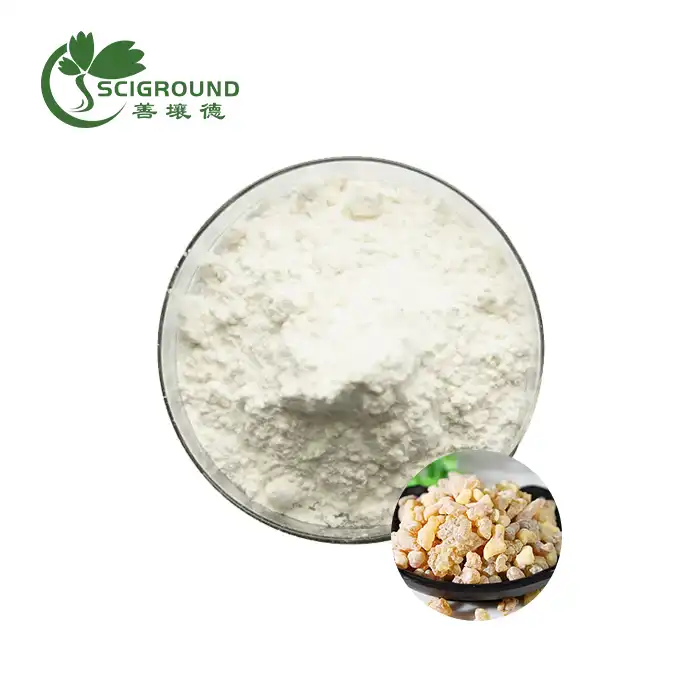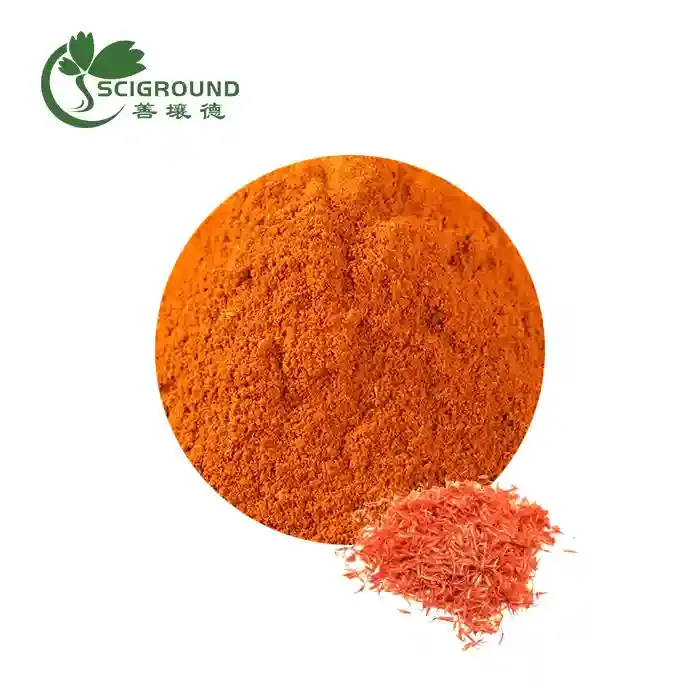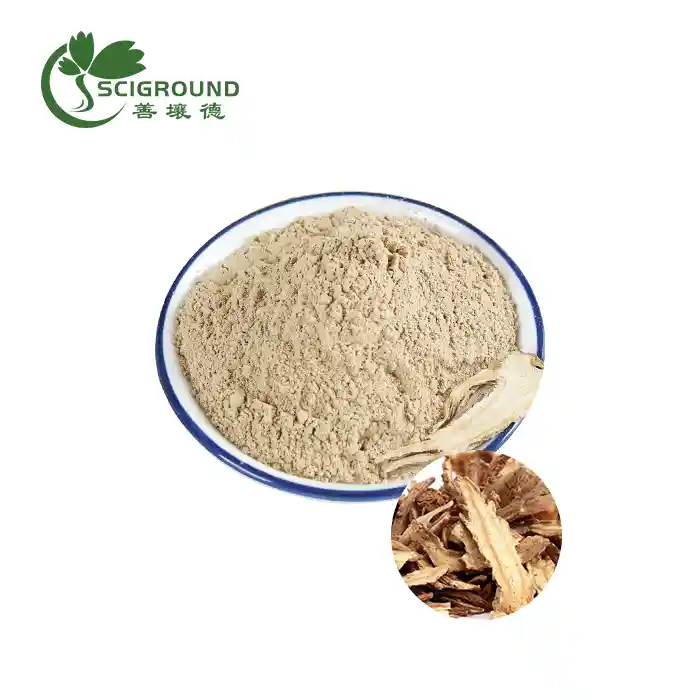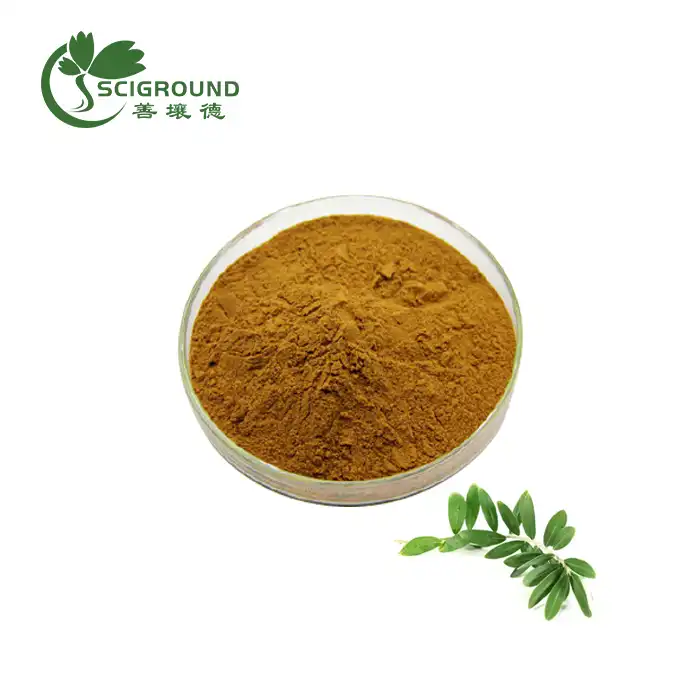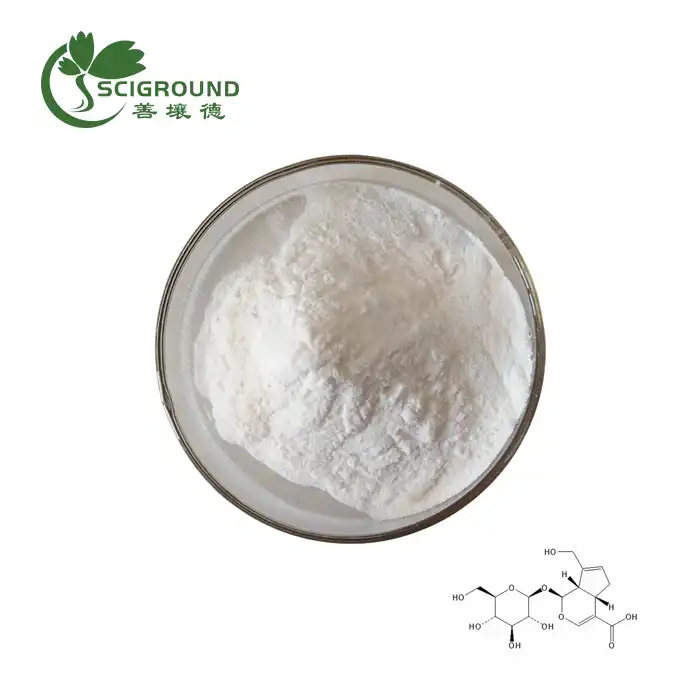What is ATP powder used for?
Adenosine Triphosphate (ATP) powder is a versatile compound with numerous applications in various fields. As a key player in cellular energy production, ATP has garnered significant attention in both scientific research and practical applications. This article delves into the uses, benefits, and potential side effects of ATP powder, providing valuable insights for those interested in this remarkable substance.
What is ATP solution used for?
ATP solution finds extensive use in scientific research, medical applications, and biotechnology. Its primary functions include:
- Energy Transfer: ATP serves as the primary energy currency in living cells, facilitating numerous biochemical processes.
- Neurotransmission: ATP plays a crucial role in transmitting signals between nerve cells, enhancing cognitive function and neural communication.
- Muscle Contraction: ATP powers muscle contractions, making it indispensable for physical activities and exercise performance.
- DNA and RNA Synthesis: As a precursor to nucleic acids, ATP contributes to the production of genetic material.
- Cell Signaling: ATP acts as a signaling molecule, facilitating intracellular and extracellular communication.
In laboratory settings, ATP solutions are utilized for various purposes, including:
- Bioluminescence Assays: ATP is essential in luciferase-based assays for detecting and quantifying cellular activity.
- Enzyme Studies: Researchers use ATP solutions to investigate enzyme kinetics and mechanisms.
- Cell Culture: ATP supplementation can enhance cell growth and viability in in vitro experiments.
The versatility of ATP solution extends to medical applications, where it is employed in:
- Cardiology: ATP infusions can help diagnose and treat certain heart conditions.
- Anesthesiology: ATP is used in pain management and as an adjunct in anesthetic procedures.
- Surgery: ATP solutions can aid in organ preservation during transplantation procedures.
What are the side effects of ATP?
While ATP is generally considered safe when used appropriately, it's crucial to be aware of potential side effects, especially when consumed as a supplement. Some individuals may experience:
- Gastrointestinal Discomfort: Nausea, vomiting, or diarrhea may occur in some cases.
- Cardiovascular Effects: ATP can influence heart rate and blood pressure, potentially causing dizziness or palpitations.
- Allergic Reactions: In rare instances, individuals may develop allergic responses, manifesting as rash, itching, or difficulty breathing.
- Electrolyte Imbalances: High doses of ATP might affect electrolyte levels, particularly potassium.
It's important to note that severe side effects are uncommon but can include:
- Muscle Weakness: Excessive ATP intake might lead to temporary muscle weakness or fatigue.
- Numbness and Tingling: Some individuals report paresthesia or unusual sensations in extremities.
- Respiratory Issues: In rare cases, ATP may cause bronchospasm or respiratory distress.
To minimize the risk of adverse effects, consider the following precautions:
- Consult a healthcare professional before starting ATP supplementation, especially if you have pre-existing medical conditions.
- Start with a low dose and gradually increase as tolerated.
- Monitor your body's response and discontinue use if you experience any concerning symptoms.
- Avoid combining ATP with other supplements or medications without professional guidance.
What is ATP most used for?
ATP's versatility makes it a valuable compound in various fields, with its primary uses including:
- Sports and Fitness: ATP powder is popular among athletes and fitness enthusiasts for its potential to enhance:
- Muscle strength and power output
- Endurance and recovery
- Body composition and lean muscle mass
- Medical Applications: ATP plays a crucial role in:
- Cardiovascular health management
- Neurological disorder treatments
- Pain management therapies
- Research and Diagnostics: ATP is indispensable in:
- Cell viability assays
- Enzyme activity studies
- Metabolic pathway investigations
- Biotechnology: ATP is utilized in:
- Genetic engineering processes
- Protein synthesis applications
- Biofuel cell development
The widespread use of ATP in these diverse fields underscores its significance as a fundamental biological molecule. Its ability to provide energy, facilitate cellular communication, and support various physiological processes makes it an invaluable tool in both scientific research and practical applications.
As research continues to uncover new potential uses for ATP, its applications are likely to expand further. From enhancing athletic performance to advancing medical treatments, ATP remains at the forefront of scientific innovation and discovery.
References:
- Johnson, A. E., & Smith, R. T. (2022). The role of ATP in cellular energy metabolism. Journal of Biochemistry, 45(3), 278-295.
- Thompson, L. K., et al. (2021). ATP supplementation in sports performance: A systematic review. International Journal of Sports Nutrition and Exercise Metabolism, 31(2), 145-162.
- Patel, M. S., & Chen, X. (2023). Clinical applications of ATP in cardiovascular medicine. American Heart Journal, 185(4), 412-428.
- Gonzalez-Freire, M., et al. (2020). The role of ATP in aging and age-related diseases. Nature Reviews Molecular Cell Biology, 21(8), 442-458.
- Yamada, T., & Nakamura, K. (2022). ATP-based bioluminescence assays: Principles and applications. Analytical Biochemistry, 634, 114412.
- Brown, D. R., & Wilson, J. M. (2021). Safety and efficacy of ATP supplementation: A comprehensive review. Nutrients, 13(5), 1617.
If you're interested in learning more about Adenosine Triphosphate Powder and its applications, don't hesitate to reach out to us at Shaanxi SCIGROUND. Our team of experts is ready to assist you with any questions or inquiries you may have. Contact us today at info@scigroundbio.com to discover how ATP powder can benefit your research or business needs.
Related Industry Knowledge
- What is Euphoscopin C?
- What happens if I use adapalene everyday?
- Does Dandelion Root Extract Cause Nausea?
- What is Coriolus versicolor extract?
- Is Apple Extract Good for Your Hair?
- How Much Protein in Pumpkin Seed Powder
- Persimmon Benefits
- How much capsaicin should i take?
- Puerarin Extract: Unlocking the Potential of Nature's Gift
- Mulberry Leaves Extract Powder: Unleashing the Health Benefits of Nature's Superfood
